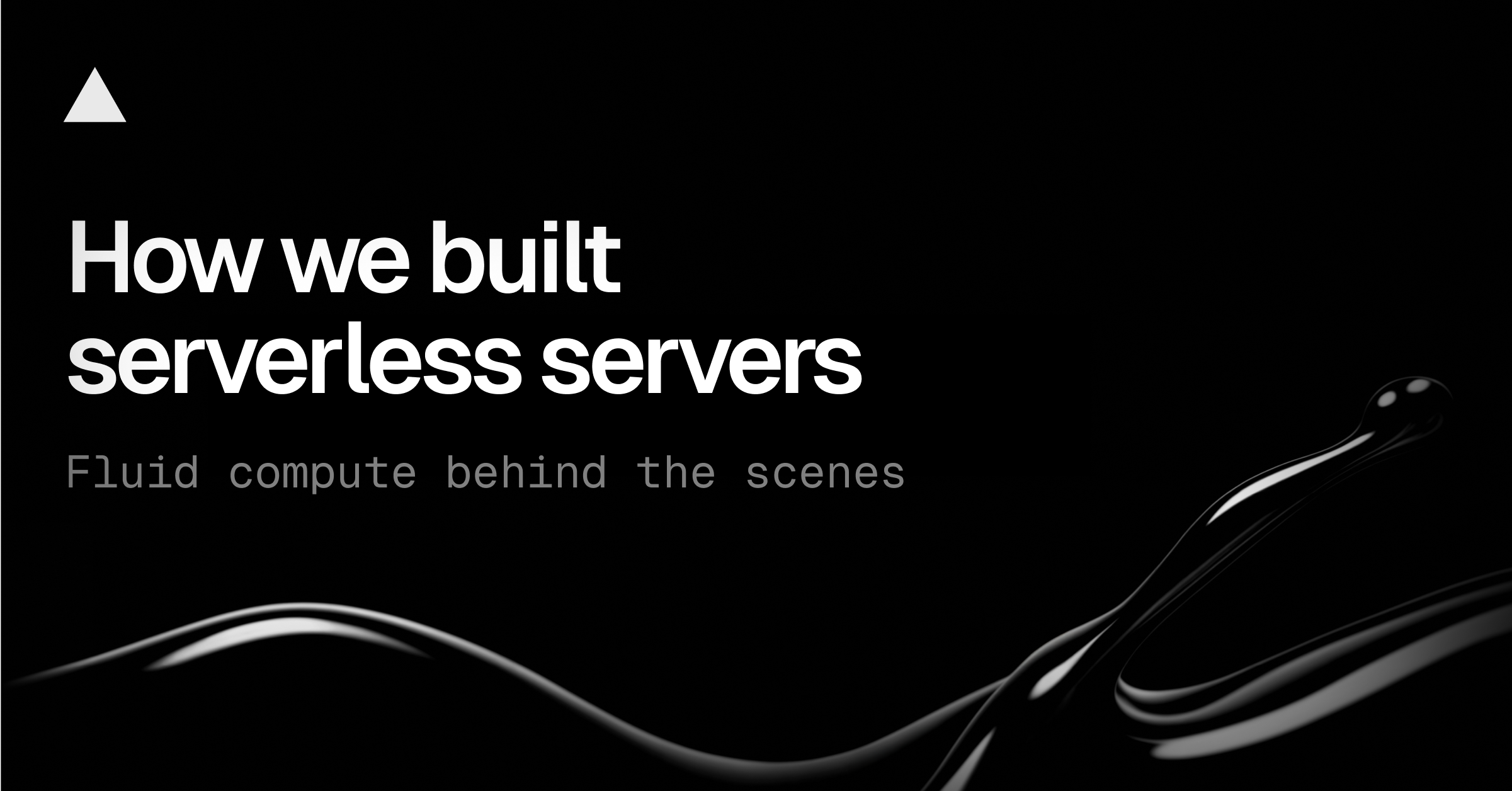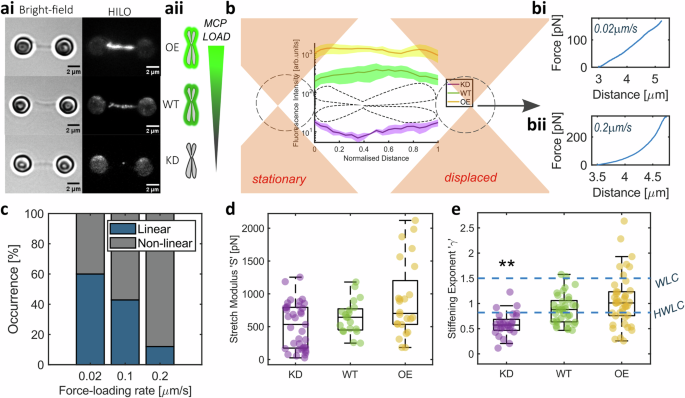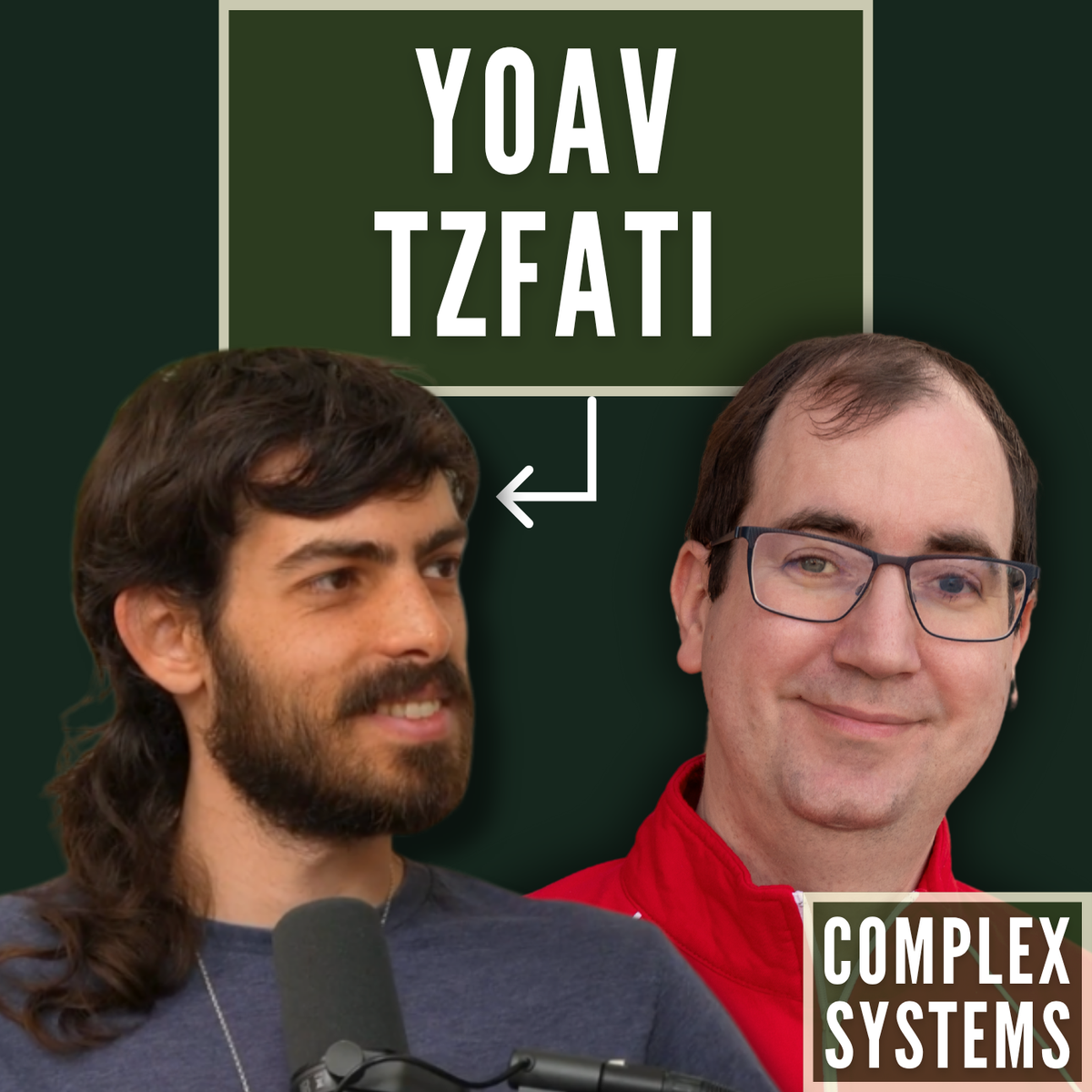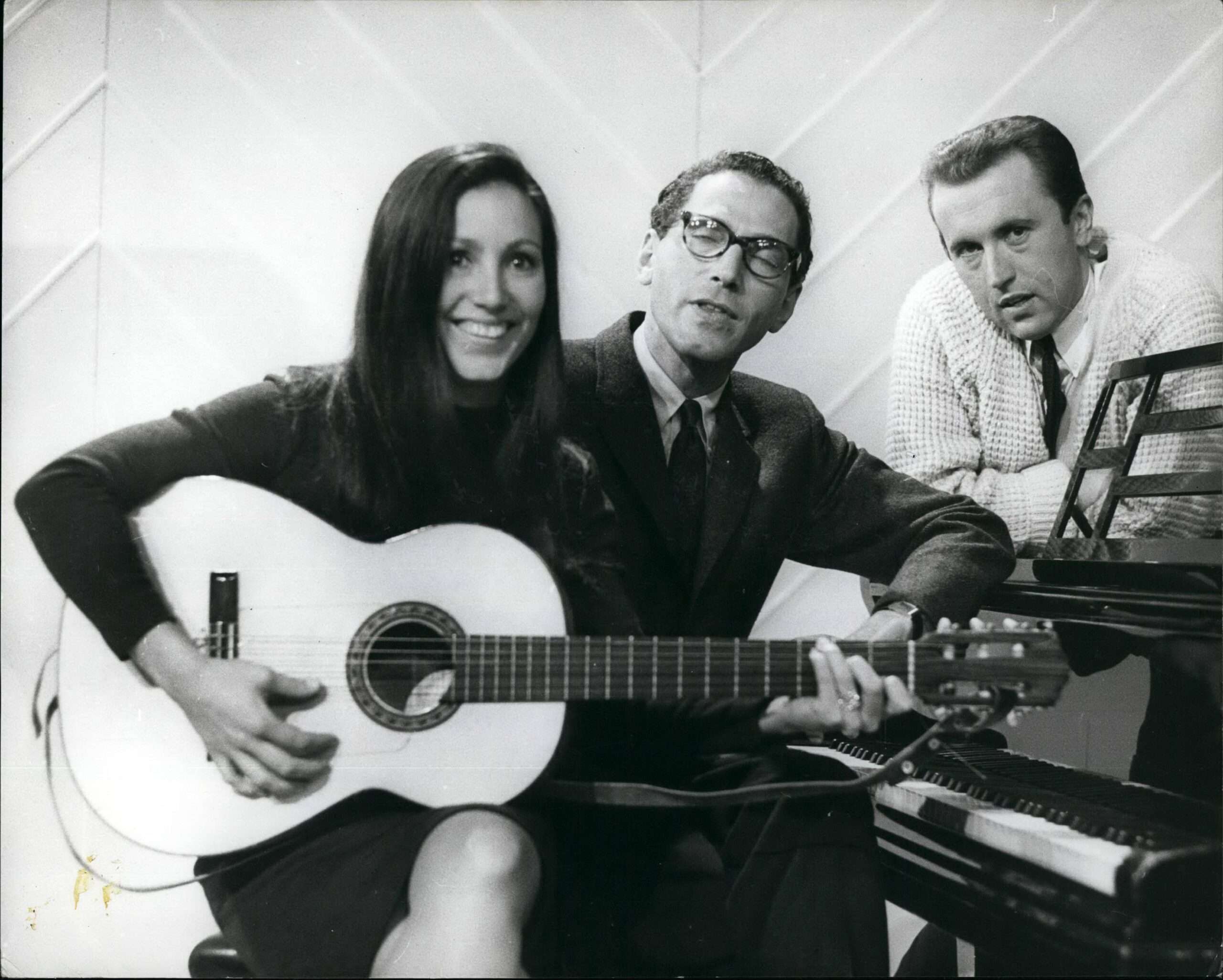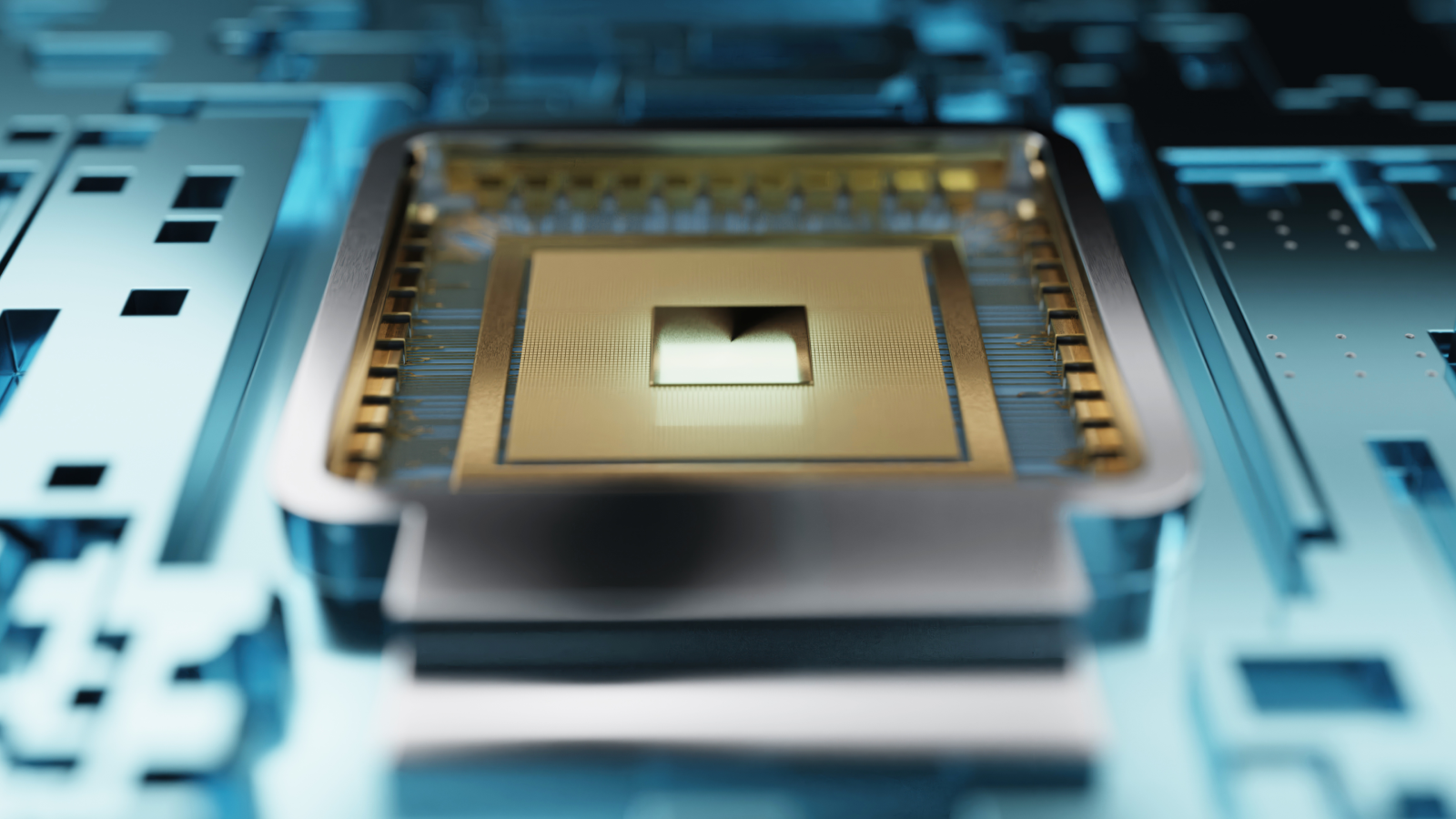
Scientists hit quantum computer error rate of 0.000015% — a world record achievement that could lead to smaller and faster machines
Scientists have achieved the lowest quantum computing error rate ever recorded — an important step in solving the fundamental challenges on the way to practical, utility-scale quantum computers.
In research published June 12 in the journal APS Physical Review Letters, the scientists demonstrated a quantum error rate of 0.000015%, which equates to one error per 6.7 million operations.
This achievement represents an improvement of nearly an order of magnitude in both fidelity and speed over the previous record of approximately one error for every 1 million operations — achieved by the same team in 2014.
This noise comes from a variety of sources, including imperfections in the control methods (essentially, problems with the computer's architecture and algorithms) and the laws of physics. That's why considerable efforts have gone into quantum error correction.
While errors related to natural law, such as decoherence (the natural decay of the quantum state) and leakage (the qubit state leaking out of the computational subspace), can be reduced only within those laws, the team's progress was achieved by reducing the noise generated by the computer's architecture and control methods to almost zero.


